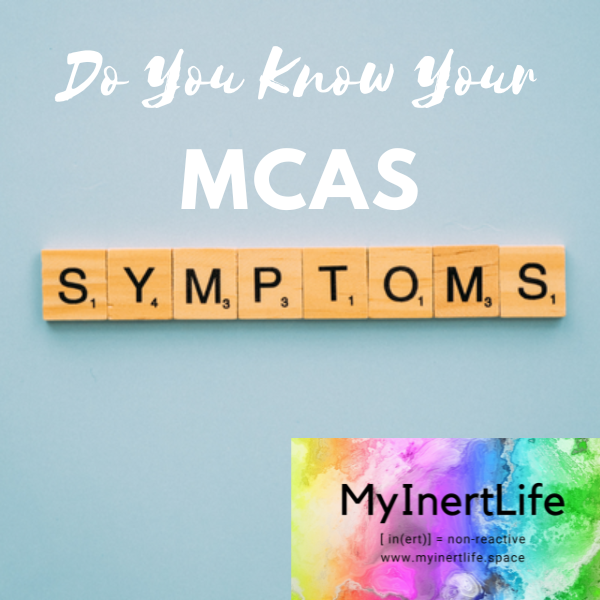Pain with MCAS – Pain can be a common symptom of Mast Cell Activation Syndrome (MCAS) and many chronic illnesses. In this post, I provide five tips for dealing with pain when you have a chronic illness.
How to Tolerate Exercise with MCAS
Here are the basics of how to tolerate exercise with MCAS. I love to cross-country ski, and with the recent snowfall we received in Minnesota this week, I was excited to get out on the tracks! Part of exercising sustainably for me is knowing how much exertion I can tolerate with my MCAS. Exercise intolerance is a hallmark of Mast Cell Activation Syndrome (MCAS).
Are You Sure About Your MCAS Symptom Progression?
Knowing your symptom progression can save a lot of time and energy when you aren’t feeling well. This post outlines the benefits of knowing your symptom progression in a Mast Cell Activation Syndrome (MCAS) Flare.
What is Your MCAS Rescue Plan?
Having an MCAS rescue plan in place is key to managing symptoms. Mast Cell Activation symptom flares can occur from environmental exposures, eating triggering foods, having an emotional upset, a physical injury, work stress, or any combination of stressors that add up to overwhelm your system. Mast cells are involved in immune responses too, so if you get sick your mast cells will send messages to your brain through your nervous system that your body is under attack. You can react to hormonal changes like your monthly period, perimenopause, thyroid issues, and endocrine disruptions stemming from toxic exposures. You can even have a more pronounced mast cell reaction simply to mast cell activity in your body.




